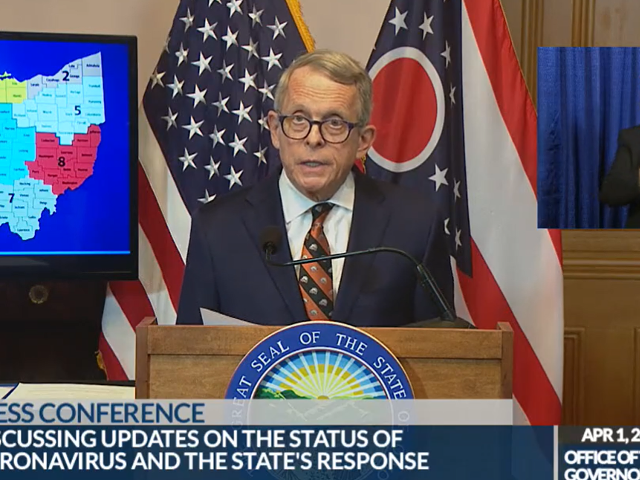The issue of gender pay equity has come up yet again in the Ohio Statehouse, after multiple previous attempts to bring the measure to a vote.
State Rep. Stephanie Howse, D-Cleveland, introduced a bill called the Equal Pay Act and one that creates a gender pay equity task force this week, marking the sixth time the topic of equal pay has come up in the state legislature.
House Bill 304 would require state contractors and those that receive “economic incentives” within the state obtain a certificate proving they pay all employees equally for jobs of the same qualifications and enact an evaluation system for public employers “to identify and eliminate sex-based wage disparities,” according to the language of the bill.
The measure would also bar employers from obtaining or asking for a potential employee’s wage or salary history, and prohibits retaliation if employees discuss salary or wage rates.
Howse and her co-sponsor for House Bill 304, state Rep. Randi Clites, D-Ravenna, cited statistics in the House Commerce and Labor Committee showing Ohio as 31st in the nation for its gender wage gap, and findings that women would have to work to age 71 to make the same amount men earn at age 60.
“This is money that is missing from the pockets of Ohioans, their children, and the communities they live in,” Clites said.
Those wage gaps also intensify for women of color in the state, leading to further discrepancies in marginalized groups.
“This pervasive wage gap is a form of systemic racism that devalues and diminishes the work of Black women and women of color in Ohio,” Howse told the committee.
Howse said while data already exists within the state to she the gender pay discrepancy, but more data is always helpful, especially to focus the work and make the legislation work best in the state.
“Before you start to try to fix the world you got to start at home, and I think we have an obligation to the citizens of the state of Ohio to just look at what we are doing…and if there are discrepancies, to fix it,” Howse said.
That data could be helped by a gender pay disparity task force, which Howse introduced along with state Rep. Michele Lepore-Hagan, D-Youngstown.
The task force would consist of seven members, at least four of whom would be women, Howse said, and will convene within 6 months of the bill’s passage to allow the legislature to consider recommendations.
She said she’s brought forth this measure at least three times before, but the legislation hasn’t moved.
When asked about opponents to the bill, Howse said she hadn’t received any specific push back.
“I guess the bigger issue is people don’t think we have a problem with pay disparity in Ohio,” Howse said. “Therefore, there’s no need to study for something people don’t believe is a problem.”
The equal pay bill was introduced in June and the task force bill was referred to committee in May. Neither bill currently has any Republican co-sponsors, making passage difficult with the GOP legislative majority.
This story was originally published by the Ohio Capital Journal






